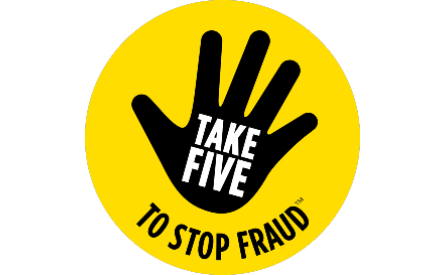Insider Fraud
What is Insider Fraud?
- This is fraud committed by employees or someone within your company. It usually depends on three elements:
Pressure or motive – a person can be driven by financial difficulties, addictions, trying to maintain a certain living standard or organised crime involvement.
Rationale – employees convince themselves what they’re doing is justified. For example, thinking they aren’t paid enough or that the company can afford it.
Opportunity – an employee sees a chance and takes it. The opportunity often occurs due to lack of internal controls, access to financial systems where it’s not needed, or abuse of authority.
- Insider fraud will often start with small amounts. Once carried out without detection, the amounts are likely to increase.
What to look out for
- Carry out pre-and post-employment screening checks on all staff, including right to work, qualifications, references and criminal records.
- Restrict and monitor access to sensitive information and systems.
- Ensure employees are not sharing confidential information and system log-in information with employees that shouldn’t have access.
Actions you can take now
- If your business uses Bankline, control what employees can access and do on the system by regularly reviewing user roles and privileges. These can be edited any time. See how to change roles and privileges.
- On Bankline, you can also enable dual authorisation for payments, templates and bulk lists. With dual authorisation switched on, any payments and changes must be approved by a second user before being made.
- Audit your cheque stocks. Regularly check for missing cheques and other anomalies that might be signs of employee fraud.
- Document the settlement of invoices and transactions and keep these regularly updated.
Always think twice and make double checking second nature

Take Five to stop fraud
Take Five is a national campaign that offers straight-forward and impartial advice to help everyone protect themselves from preventable financial fraud. This includes email deception and phone-based scams as well as online fraud – particularly where criminals impersonate trusted organisations.

